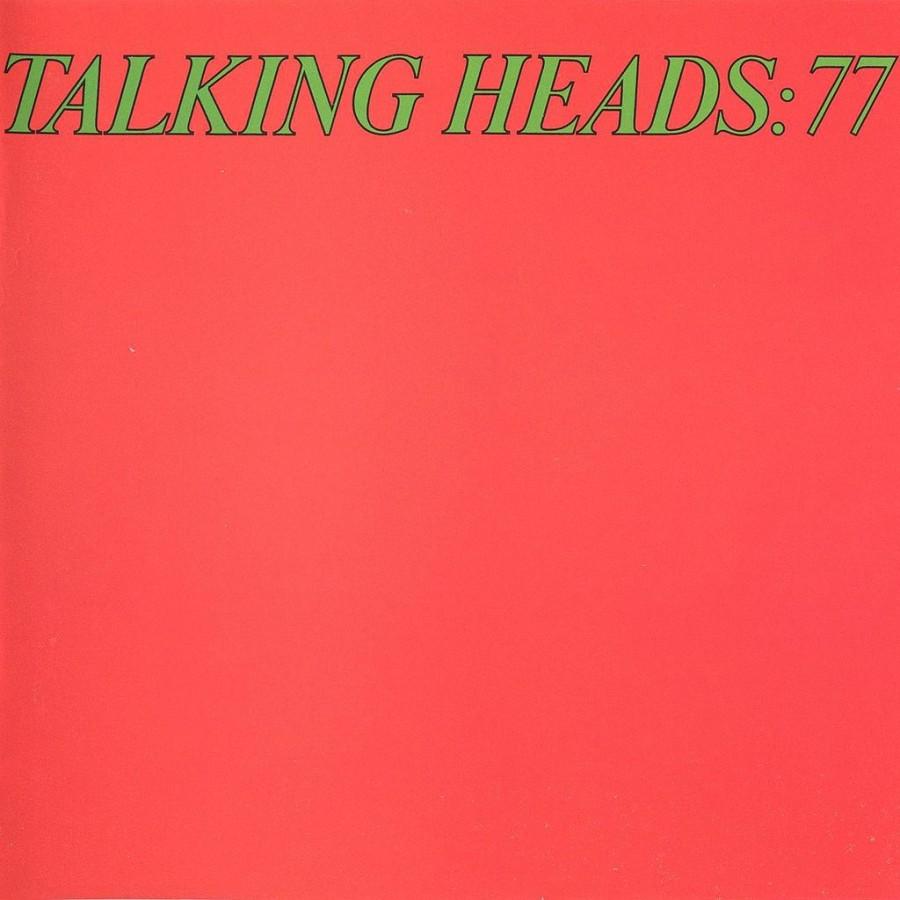Classic Albums Review: Talking Heads: 77
February 10, 2016
The debut album of one the most esteemed new wave bands ever, Talking Heads: 77 is a fantastic album in every aspect. Despite being nearly forty years old, the erratic pop of vocalist David Byrne, funky rhythms of bassist Tina Weymouth and drummer Chris Frantz, and the loose guitar work of Jerry Harrison make Talking Heads: 77 a timeless treat.
To start, the album gives a mixture of vibrantly delivered (but emotionally ambiguous) lyrics combined with instrumentation that can make anyone tap to the rhythm. You immediately get the impression that this group of art school kids really know how to make a tune swing. The second track, “New Feeling” consists of an excellent riff of interplay between the guitar and bass topped off with a thumping drum part. Even when the band takes it down a notch on “Happy Day,” which by its title alone can turn you off to listening, there are a few chord changes and fills that really make the song kick. The sixth track, “No Compassion” is the jewel of the album’s first half. Containing energetic changes in tone and tempo with some stellar lyrics, there’s nothing to not enjoy about this track.
From there, the band continues to shine in their instantly-classic style. Following the pleasant “Book I Read,” however, the track “Don’t Worry About the Government” is a slightly unexpected curveball. While it is a wonderfully-executed track with cheeky lyrics and unique instrumentation, there’s a certain change in David Byrne’s vocals that can cause some to take the track less seriously. After that the album delivers three quality tracks to top off the album. One of these three is the creeping, magnificent track “Psycho Killer.” With a phenomenal bass line, hectic guitar part and memorable vocals, it’s clear that even the youngsters of New York’s punk scene can write a solid single-worthy track. “Pulled Up” finishes the album in an atypical fashion; the band gives no impression of slowing down to an end, but continues to drive forward with admirable energy up until the last second.
Altogether, there is little to criticize about Talking Heads: 77. The only concern to any new listener would be that the album does not have the cohesive quality of the Talking Heads’ later work. There is a distinct energy and style present throughout the record, but the “flow” from track to track is not superb. Apart from that you will not be disappointed by this album, which truly is a landmark piece of late 70s rock.
